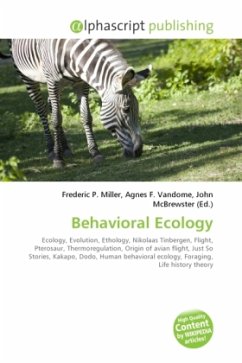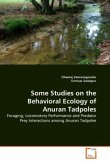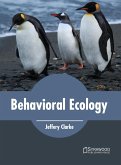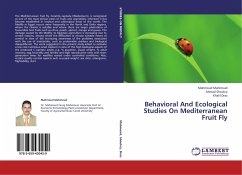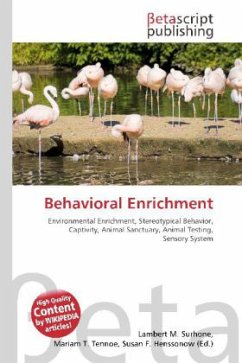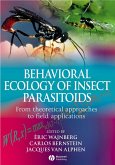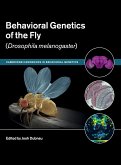Behavioral ecology is the study of the ecological and evolutionary basis for animal behavior, and the roles of behavior in enabling an animal to adapt to its environment (both intrinsic and extrinsic). Behavioral ecology emerged from ethology after Niko Tinbergen (a seminal figure in the study of animal behavior), outlined the four causes of behavior. If an organism has a trait which provides them with a selective advantage (i.e. has an adaptive significance) in a new environment natural selection will likely favor it. Adaptive significance therefore refers to the beneficial qualities in terms of increased survival and reproduction a trait conveys. For example, the behavior of flight has evolved numerous times in reptiles (Pterosaur), birds, many insects and mammals (bats) due to is adaptive significance of increased ability to escape from predators and move swiftly between habitat areas, amongst others, which increase the organisms chance of survival and ultimately their reproductive success. In all instances, the organism adapting to flight had to have "pre-adaptions" to these behavioral and anatomical changes.
Bitte wählen Sie Ihr Anliegen aus.
Rechnungen
Retourenschein anfordern
Bestellstatus
Storno

